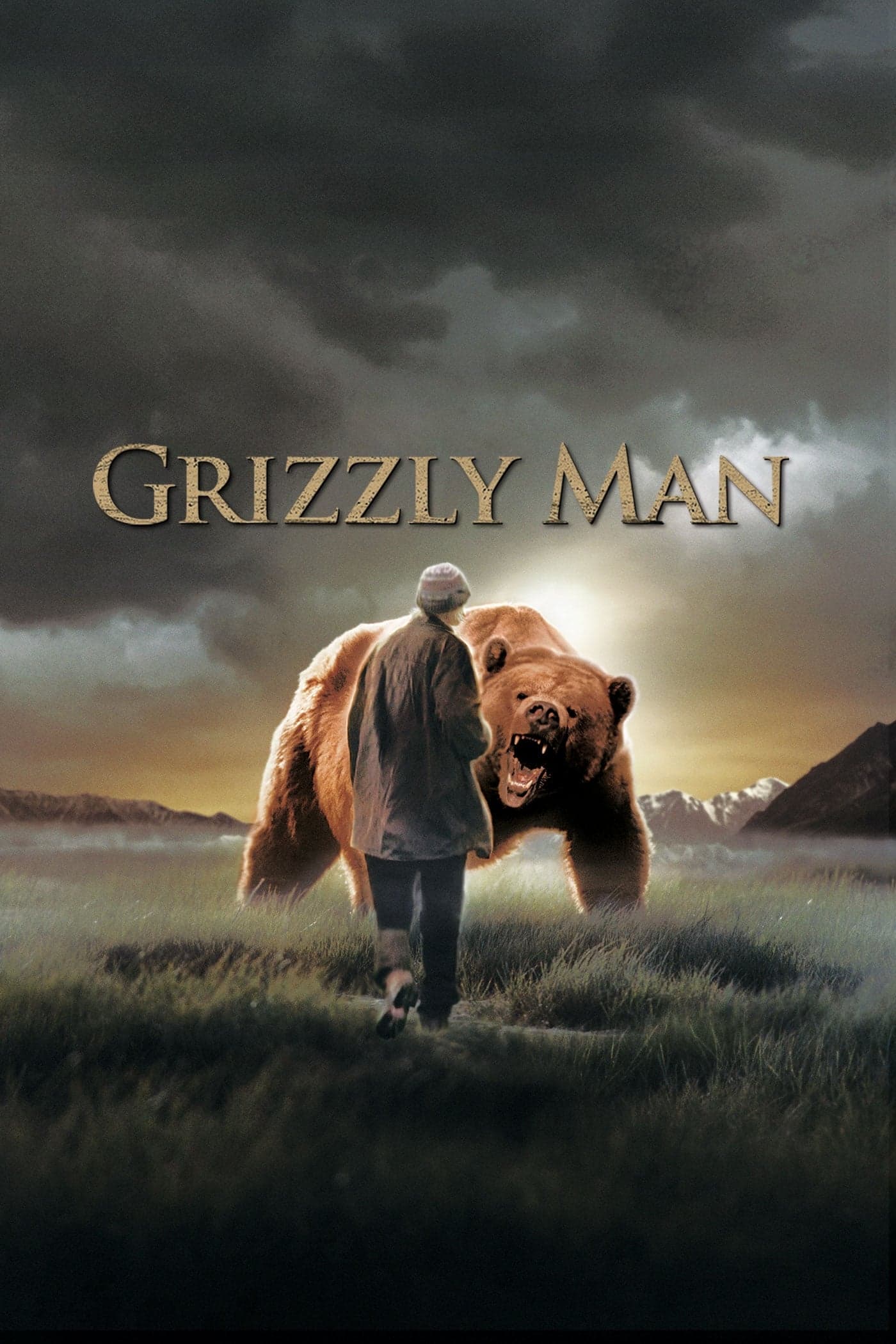
Grizzly Man
2005
Rate this movie
Average: 0.00 / 5
(0 votes)
Director
Timothy Treadwell was a man who knew no half measures; in his life, after unsuccessfully attempting an acting career, he pushed beyond the veil separating humans and wild nature to get as close as possible to violent and aggressive animals like bears. His existential trajectory, imbued with an idealism bordering on recklessness, was configured as a desperate attempt to re-establish a primordial bond with the wild, perhaps to fill a void left by a human and professional experience perceived as a failure. The camera, which he had once dreamed of pointing at himself as an actor, now became his eye on the untamed world, his confession, and, ultimately, his testament.
For a full thirteen years, from 1990 to 2003, he spent his summers at Katmai National Park and Preserve in southern Alaska, living side by side for many months with one of the fiercest animals on Earth, the North American bear known as the Grizzly. His stay in what he himself called the “Grizzly Maze” was not just a simple observation, but a total immersion, a bold and controversial cohabitation that raised considerable perplexity among park authorities and more conventional ethologists, concerned for Treadwell's safety and for the alteration of animal behavior, fearing that his familiarity could endanger both the bears and future human interactions with wildlife.
His testimonies, which portrayed bears in their pristine habitat, their habits, their rituals, were truly valuable for ethologists and naturalists worldwide who admired Tim's work, even while acknowledging his deeply subjective and often anthropomorphizing vision. Through his gaze, at times naive yet undeniably captivating, Treadwell left us with images of raw and rare beauty, capable of capturing the essence of wild creatures with an unprecedented proximity, almost unthinkable for an external observer, though always mediated by the filter of his personal emotional and spiritual projections.
History tells us how his experience tragically ended: in the summer of 2003, along with his girlfriend Amie Huguenard, he was attacked in his tent and mauled by an unspecified number of bears during a nocturnal foray. The audio recorded by Timothy's camera remained as a tragic testimony of that night of blood, featuring the harrowing screams of the two unfortunate young people. A recording that Werner Herzog, in one of the film's most ethically complex and powerful choices, decides not to let us hear directly, but rather describes its unspeakable horror to a colleague, thereby amplifying the emotional and philosophical resonance of his act and placing the viewer before the inescapable brutality of nature, beyond any sensationalistic representation.
Werner Herzog was deeply struck by Timothy's story and immediately after his death began working on a documentary recounting his experience, seeking to use as much of Tim's footage as possible, which remains a testament to the unprecedented beauty of the communion between man and wild animal. Herzog, a master of "ecstatic truth" and always fascinated by extreme figures who challenge the limits of the human condition, as already demonstrated in works such as Aguirre, the Wrath of God or Fitzcarraldo, saw in Treadwell a contemporary incarnation of the romantic hero destined for destruction by his hybris, a modern Don Quixote battling against the windmills of an indifferent universe. His fascination with human obsession and with often hostile wild nature finds its ideal stage in Grizzly Man.
Along with the footage, he assembled interviews that reconstructed the story, involving people who had been close to him, such as the pilot of the plane that transported him to Alaska, or local authorities who had warned him about the danger of those animals. The result was a work of unprecedented iconographic power where Werner Herzog's warm narration comments on the unfolding images with irony and epic intonation. Voices alternate in a polyphonic chorus: from friends who celebrate his dedication, to rangers who denounce his recklessness, to relatives who mourn his loss, delineating a complex and multifaceted portrait, far removed from simple sanctification or condemnation. This narrative structure, almost a symphony of discordant perspectives, allows Herzog to stratify reality, suggesting that the truth about Timothy lies not in a single viewpoint, but in the intersection of all these contrasting perceptions.
The poetic counterpoint of Herzog's considerations provides a backdrop to Tim's enthusiasm and candor as he approaches the bears, talks to them, and plays with them, calling them by name. This duality is the pulsating heart of the documentary: on one side, Treadwell's naive, almost childlike, trust in a benevolent and mutually affectionate nature; on the other, Herzog's lucid, almost cruel, awareness of its intrinsic indifference and unpredictability. Herzog does not merely narrate; he interprets, problematizes, and with his unmistakable cadence, shapes our perception of Tim, elevating the film from a mere account to a profound philosophical reflection on man, nature, and the illusion of control. His voice becomes an almost mystical guide, a _leitmotif_ that accompanies us into the abyss of Treadwell's soul and the inscrutable heart of the wild.
One of the film's most striking lines, which best describes its bitter lyricism, is Herzog's melancholic final consideration when commenting on Tim's death: “I believe the common denominator of the universe is not harmony, but chaos, hostility, and murder.” This statement, so bleak and disillusioned, is not only an epitaph for Treadwell, but the quintessential anti-romantic vision of nature that permeates Herzog's entire body of work. It is a powerful warning against any form of anthropomorphization of the wild, an acceptance of its sublime and terrifying otherness. Herzog dismantles the fable of nature as a peaceful refuge, revealing its grandiose, frightening, and ultimately indifferent magnificence. Grizzly Man is not merely the chronicle of a tragedy, but a vertiginous exploration of the limits of human obsession, of the presumption of communion with what is fundamentally other, and of the ruthless, majestic indifference of a world that cares neither for our expectations nor for our idealizations. A masterpiece that continues to question, with its wild beauty and its uncomfortable truth, our place in the primordial order of things.
Main Actors
Genres
Country
Gallery
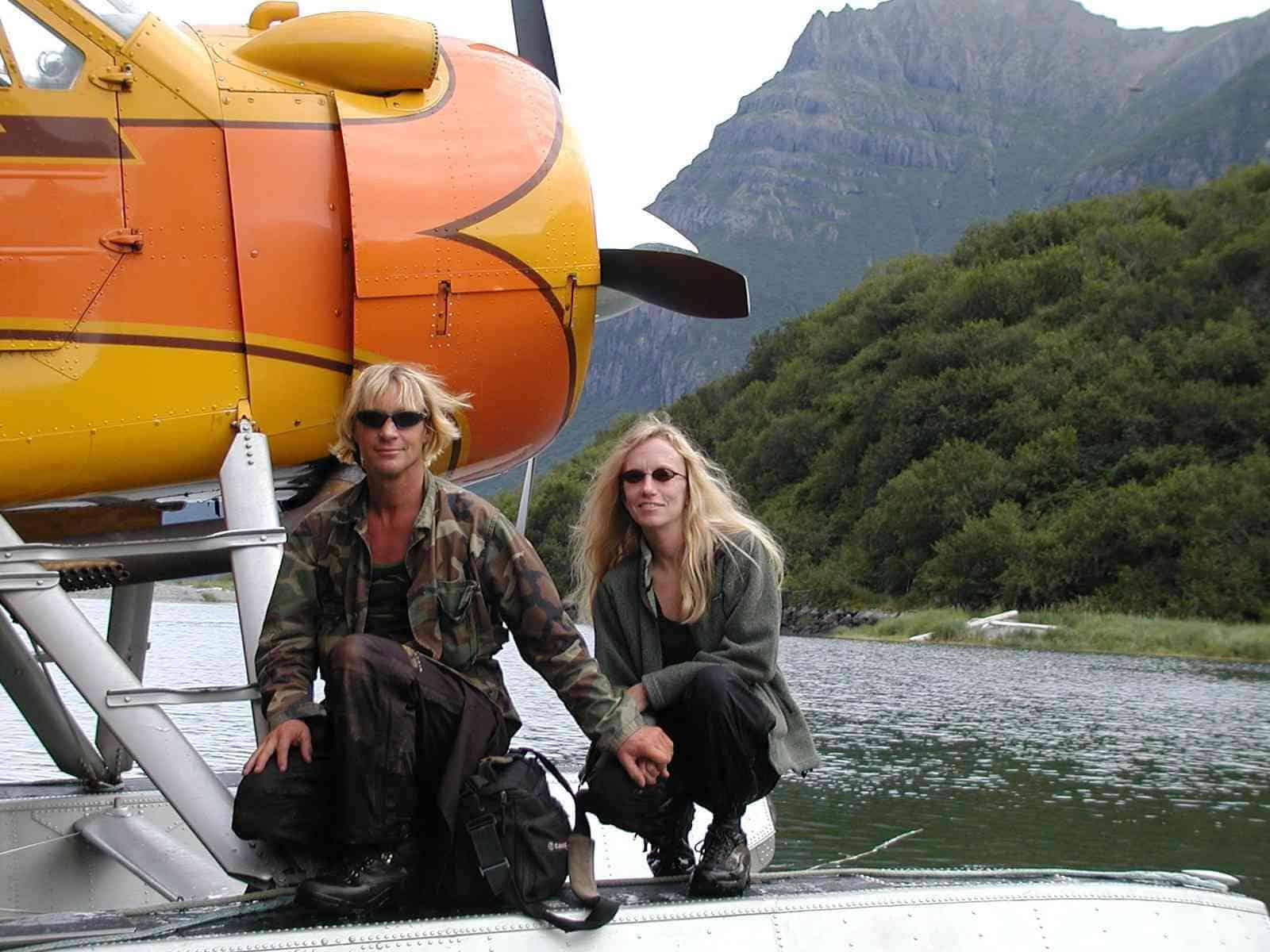
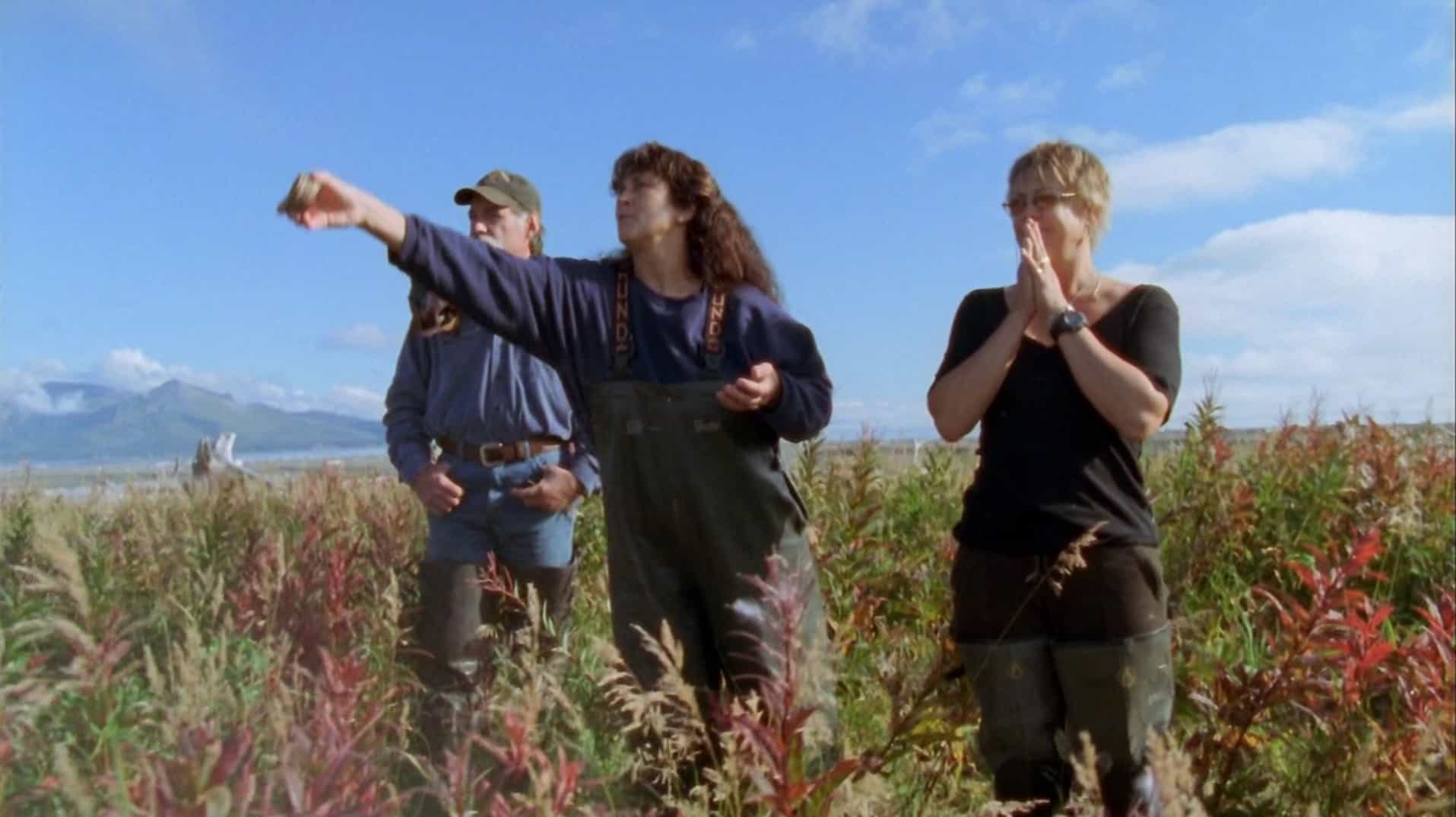
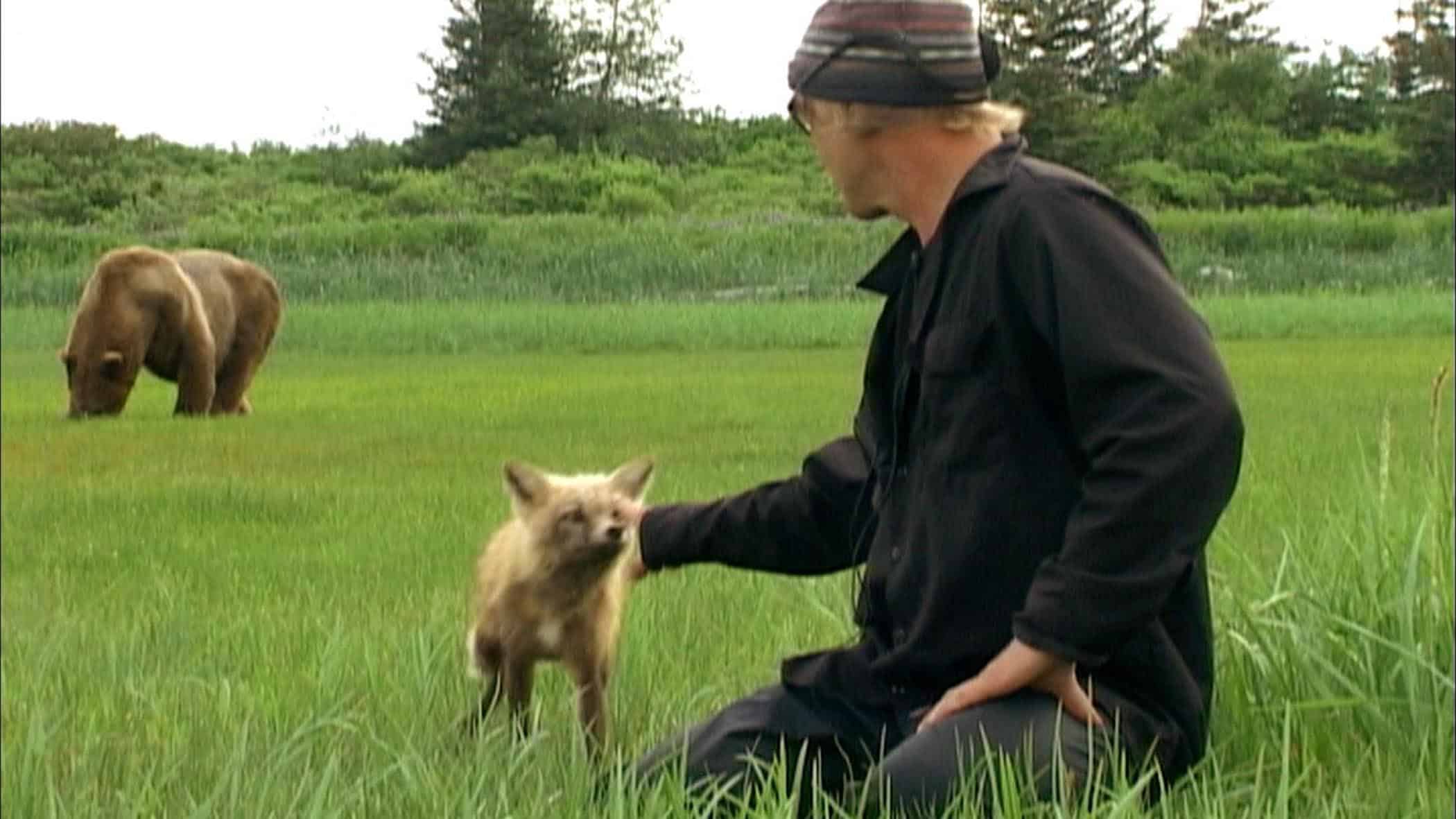
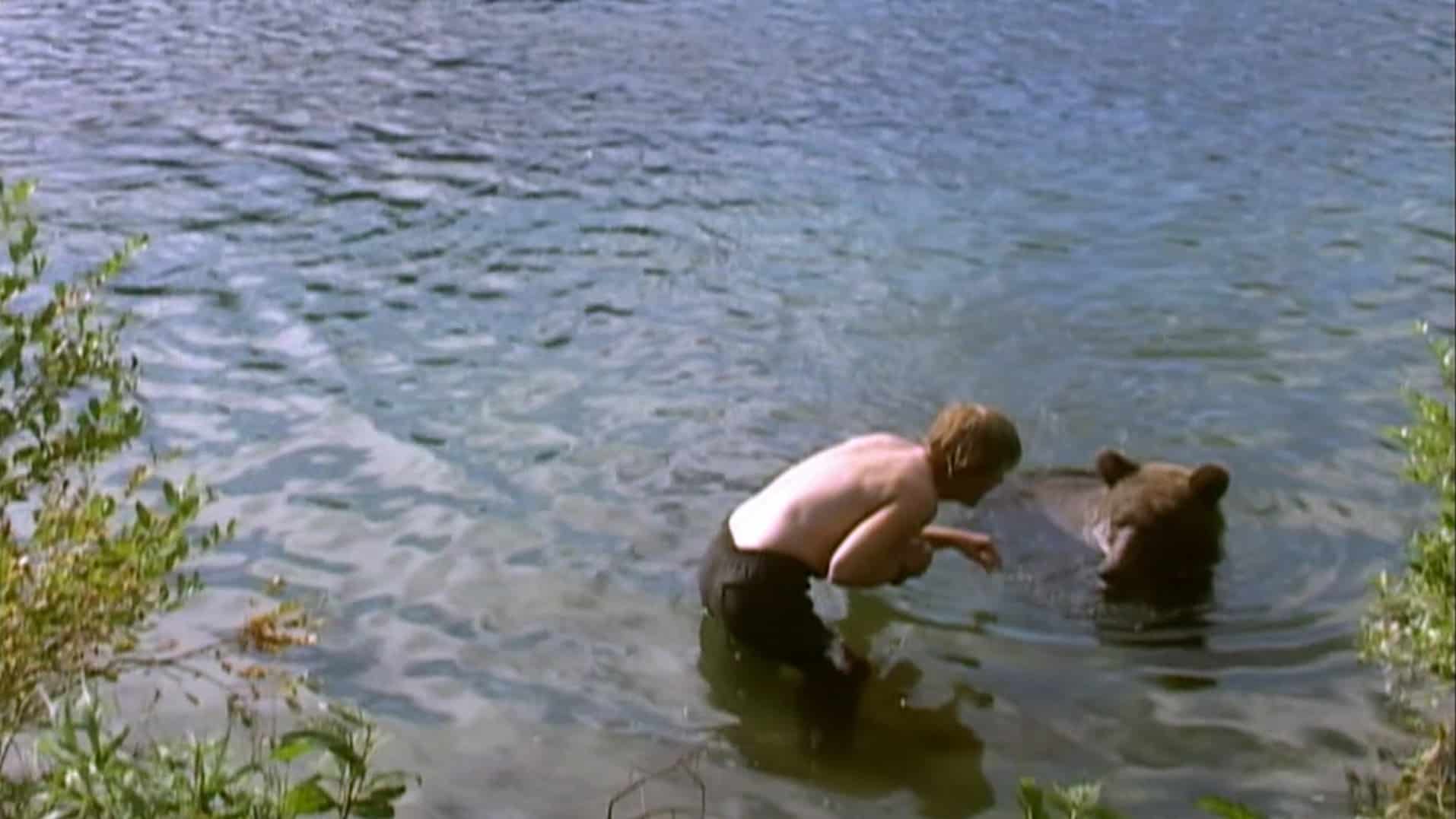
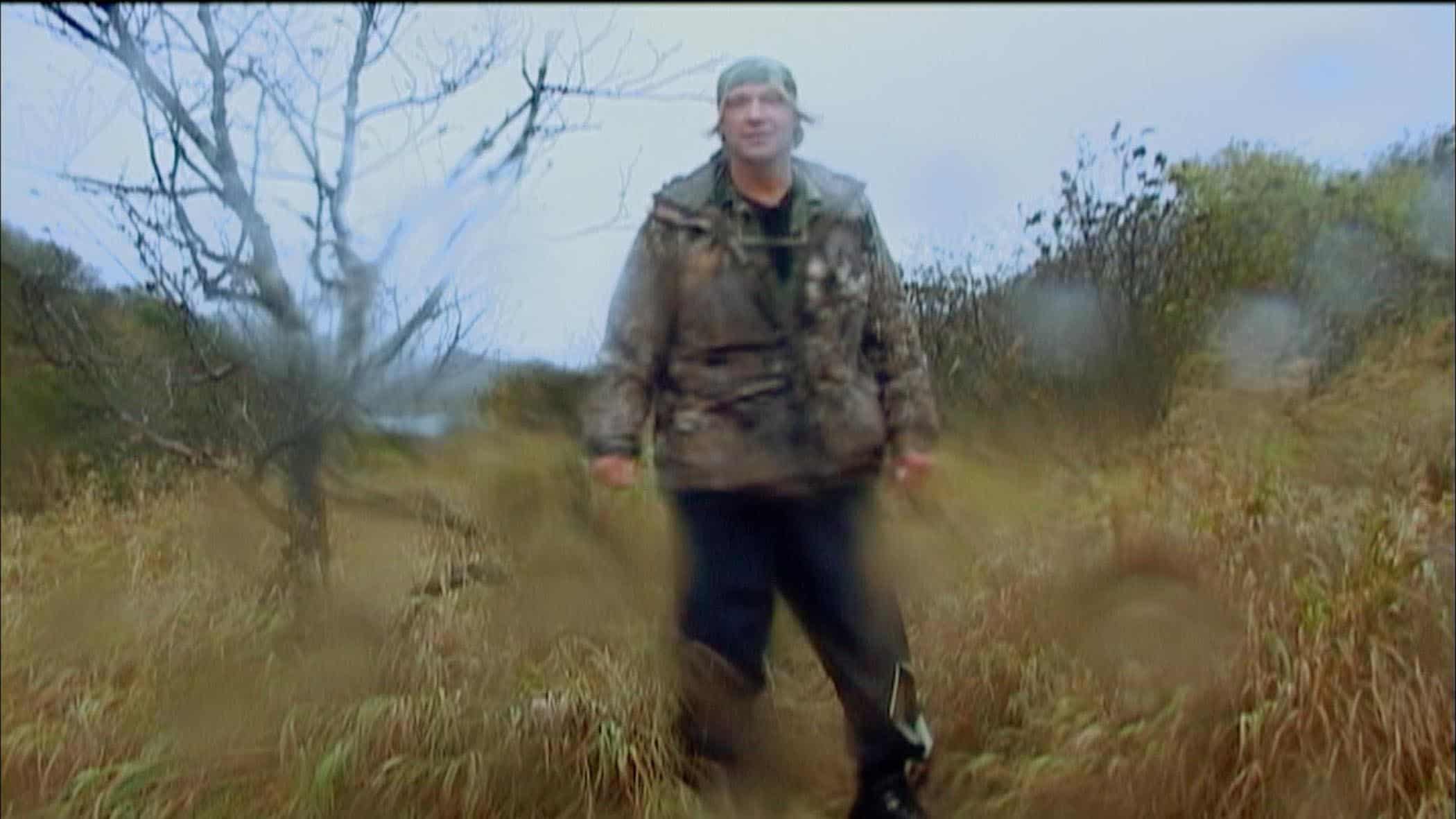

Featured Videos
Official Trailer
Comments
Loading comments...